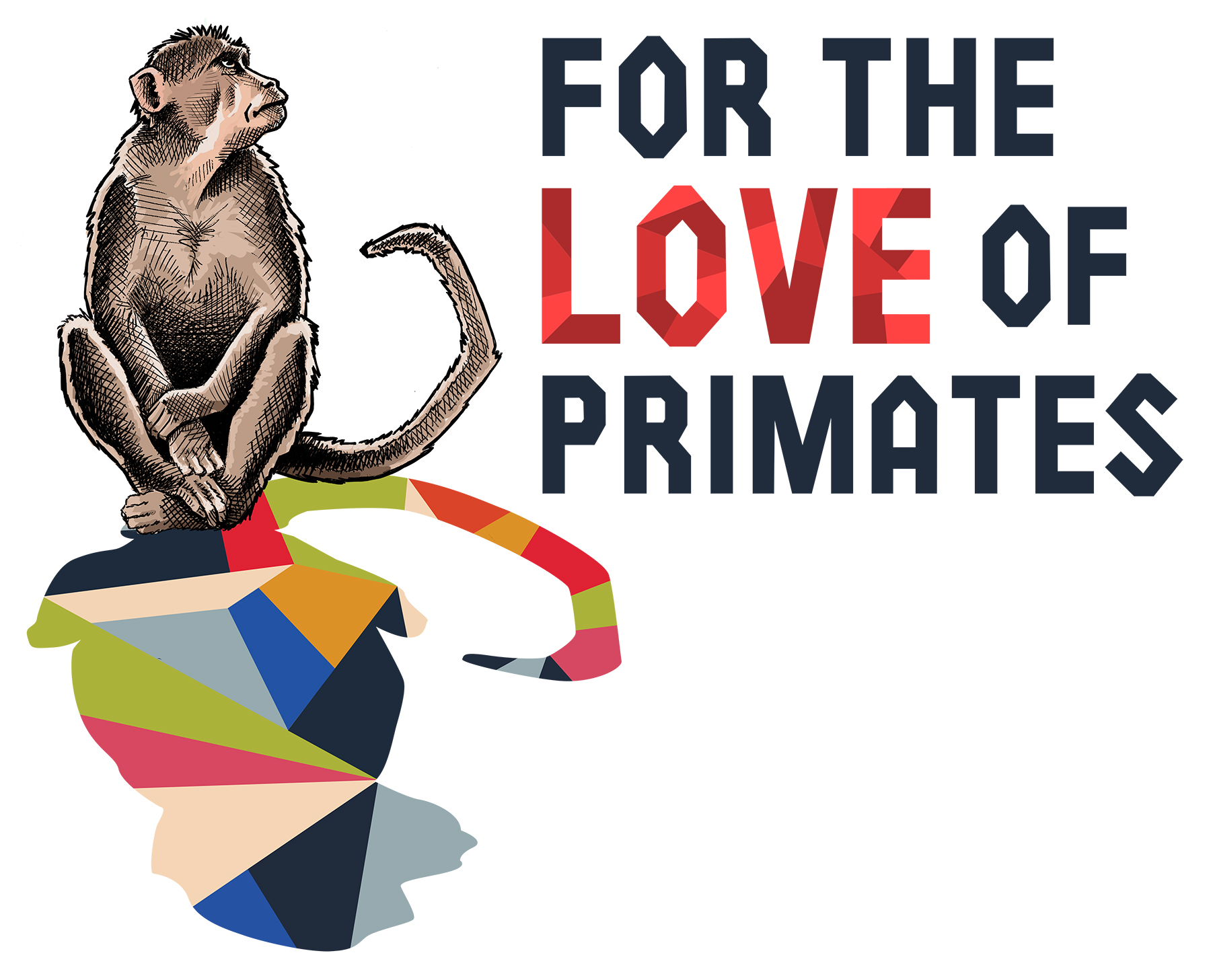The Primate Pet Trade: Know Your State's Laws
For the Love of Primates aims to create and support a sanctuary for nonhuman primates retired from research, used in the entertainment industry, or previously kept as pets. Each year, thousands of monkeys and apes are imported into the U.S. or bred by private owners for sale as pets. These “pets” suffer from abuse, manipulation, and neglect within harsh captive settings. Yet, no federal laws currently exist to regulate the keeping and trading of nonhuman primates. What can you do to help? One of the first steps is to become aware of the existing legislation in your state and your community.
Let’s get you started:
Former Ohio governor John Kasich signed the “Dangerous Wild Animal Act” on June 5, 2012, establishing regulations for the possession of dangerous wild animals and restricted snakes. The Ohio Revised Code section 935 (2012) covers a multitude of dangerous wild animals including nonhuman primates such as tamarins, southern and northern night monkeys, dusky titi and masked titi monkeys, muriquis, goeldi's monkeys, white-faced, black-bearded, white-nose bearded, and monk sakis, bald and black uakaris, black-handed, white-bellied, brown-headed, and black spider monkeys, common woolly monkeys, and red, black, and mantled howler monkeys. Private possession of any of these animals is prohibited unless recognized by organizations such as the Association of Zoos and Aquariums, the Zoological Association of America, licensed research facilities, or accredited wildlife shelters or sanctuaries.
Furthermore, an Ohio resident with possession of a marmoset, squirrel monkey, capuchin, or lemur must register the animal under the guidelines outlined in section 935.04 of the Revised Code. This includes establishment with a qualified veterinarian, a permanent microchip implant for the animal, and obtainment of a wildlife shelter permit by the director of agriculture. The law does not, however, set specific cafe standards for the housing, nutrition, or behavioral enrichment of these primates.
So, why does this all matter? An understanding of these regulations provides awareness on the measures required to safely and responsibly take care of an exotic animal, including nonhuman primates. Many nonhuman primates are critically endangered because of the destructive actions of humans towards our planet. Others lack the proper habitats, diets, social interactions, and veterinary care needed to thrive under human care. Such animals are not able to stand up for themselves and therefore depend on us to advocate for their well-being and legal justice. To report any unlawful activity involving a dangerous wild animal please contact the Animal Health Department of the Ohio Department of Agriculture at 614-728-6220 or via email at dwa.cbd@agri.ohio.gov.
Not from Ohio? Click here to learn about the exotic animal laws in your state.
Want to do even more to help out these animals? Join us in advocating for the Primate Protection and Research Modernization Act of 2018, proposed by U.S. Senator Cory Booker (D-NJ). If passed, this bill encourages the development of non-animal testing methods and sets minimum care requirements for primates within research settings. Visit https://www.fortheloveofprimates.org/feature to learn more and add your name to our letter of support!

